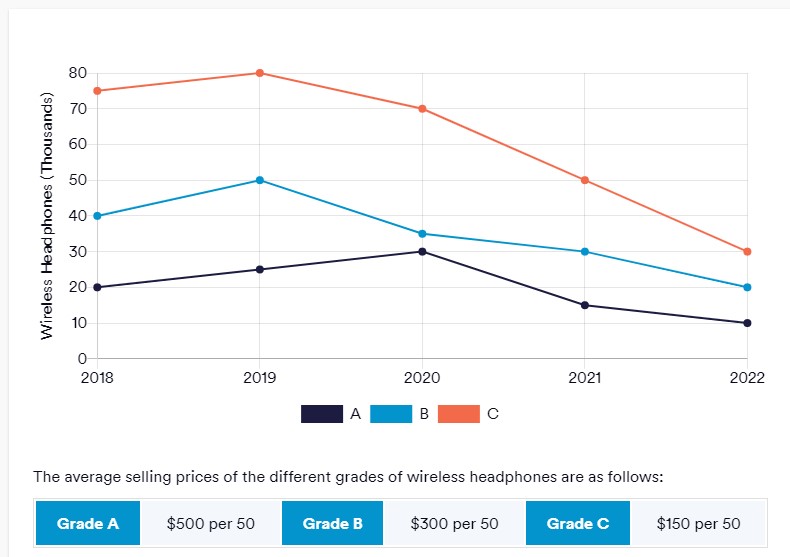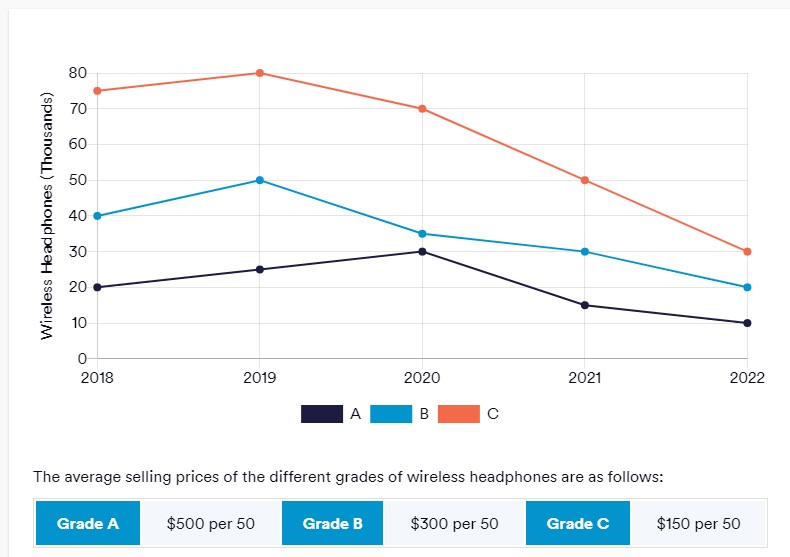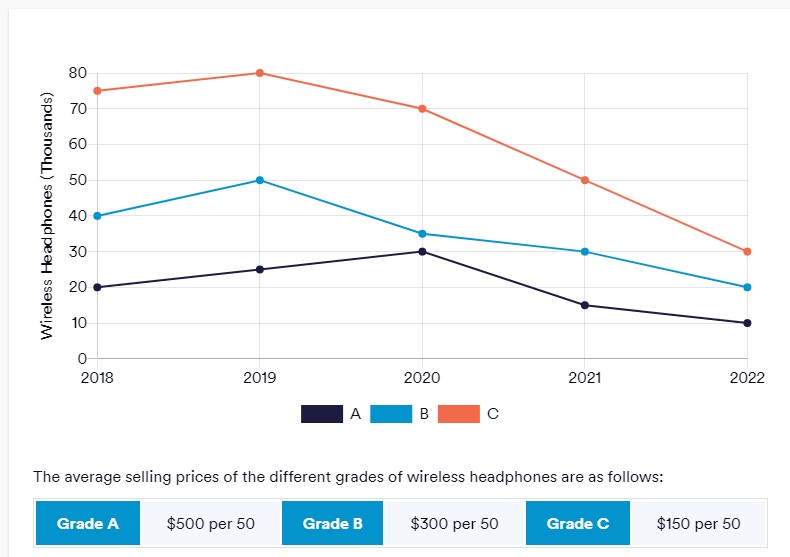Quiz
Maggie is allergic to citrus but was seen leaving the staffroom at lunchtime
Susan's favourite type of cake is lemon but wasn't seen anywhere near the staffroom
Mark has stolen cakes from the staffroom before and more cakes have gone missing since Mark started.
Who can you infer is most likely to have taken the lemon cake?
Quiz

Quiz
Quiz
Quiz
Which of the following statements is the best example of an inductive argument?
Quiz

Quiz
Legitimate breaches of confidentiality relate to circumstances where the information the client has shared relates to acts of terrorism; information of this nature must be reported. There are other circumstances where breaching confidentiality may be considered legitimate, for example, in the case of serious crime or suspected child abuse. Individual employers and independent therapists have their own boundaries but must agree on this contractually with their clients at the outset of the therapeutic relationship.
When a client reports their involvement in an act of terrorism, their therapist is legally obliged to report this.
Quiz
Quiz
Which of the following statements is the best example of an inductive argument?
Quiz

Deductive Reasoning Practice Test Practice test unlocks all online simulator questions
Thank you for choosing the free version of the Deductive Reasoning Practice Test practice test! Further deepen your knowledge on Aptitude Test Simulator; by unlocking the full version of our Deductive Reasoning Practice Test Simulator you will be able to take tests with over 1178 constantly updated questions and easily pass your exam. 98% of people pass the exam in the first attempt after preparing with our 1178 questions.
BUY NOWWhat to expect from our Deductive Reasoning Practice Test practice tests and how to prepare for any exam?
The Deductive Reasoning Practice Test Simulator Practice Tests are part of the Aptitude Test Database and are the best way to prepare for any Deductive Reasoning Practice Test exam. The Deductive Reasoning Practice Test practice tests consist of 1178 questions divided by 4 topics and are written by experts to help you and prepare you to pass the exam on the first attempt. The Deductive Reasoning Practice Test database includes questions from previous and other exams, which means you will be able to practice simulating past and future questions. Preparation with Deductive Reasoning Practice Test Simulator will also give you an idea of the time it will take to complete each section of the Deductive Reasoning Practice Test practice test . It is important to note that the Deductive Reasoning Practice Test Simulator does not replace the classic Deductive Reasoning Practice Test study guides; however, the Simulator provides valuable insights into what to expect and how much work needs to be done to prepare for the Deductive Reasoning Practice Test exam.
BUY NOWDeductive Reasoning Practice Test Practice test therefore represents an excellent tool to prepare for the actual exam together with our Aptitude Test practice test . Our Deductive Reasoning Practice Test Simulator will help you assess your level of preparation and understand your strengths and weaknesses. Below you can read all the quizzes you will find in our Deductive Reasoning Practice Test Simulator and how our unique Deductive Reasoning Practice Test Database made up of real questions:
Info quiz:
- Quiz name:Deductive Reasoning Practice Test
- Total number of questions:1178
- Number of questions for the test:50
- Pass score:80%
- Number of topics:4 Topics
- Civil Service Judgement practice test:226 Questions
- Deductive Reasoning:10 Questions
- Numerical Reasoning:399 Questions
- Verbal Reasoning:543 Questions
You can prepare for the Deductive Reasoning Practice Test exams with our mobile app. It is very easy to use and even works offline in case of network failure, with all the functions you need to study and practice with our Deductive Reasoning Practice Test Simulator.
Use our Mobile App, available for both Android and iOS devices, with our Deductive Reasoning Practice Test Simulator . You can use it anywhere and always remember that our mobile app is free and available on all stores.
Our Mobile App contains all Deductive Reasoning Practice Test practice tests which consist of 1178 questions that are divided by 4 topics and also provide study material to pass the final Deductive Reasoning Practice Test exam with guaranteed success. Our Deductive Reasoning Practice Test database contain hundreds of questions and Aptitude Test Tests related to Deductive Reasoning Practice Test Exam. This way you can practice anywhere you want, even offline without the internet.
BUY NOW